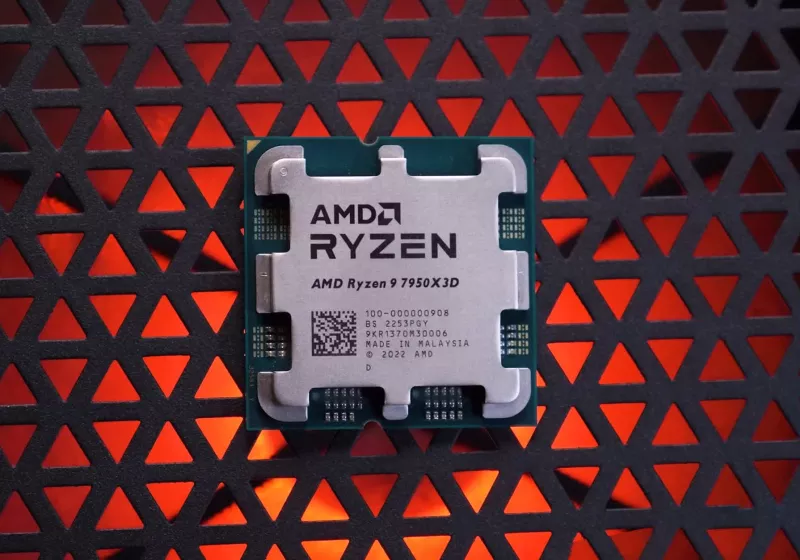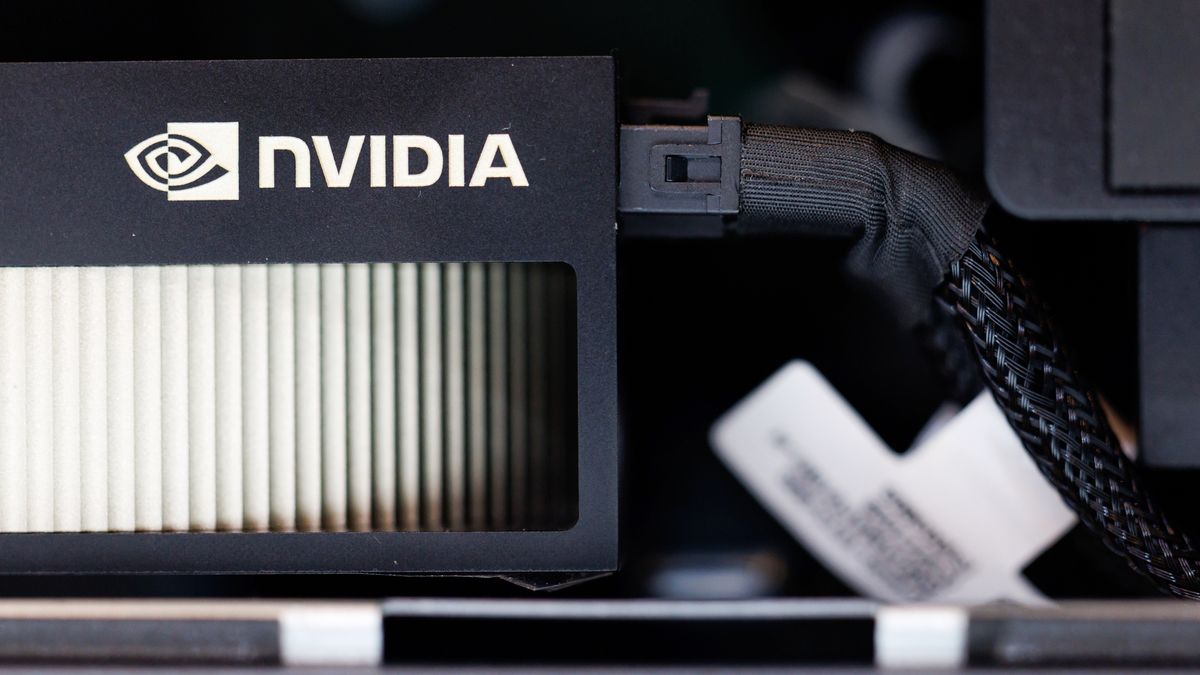All of these grand Chinese plans come as NASA faces budget cuts. Although nothing is final, Ars reported earlier this year that some officials in the Trump administration want to cut science programs at the US space agency by as much as 50 percent, and that would include significant reductions for planetary science. Such cuts, one planetary officials told Ars, would represent an "extinction level" event for space science and exploration in the United States.
This raises the prospect that the United States could cede the lead in space exploration to China in the coming decades.
So what will happen?
To date, the majority of China's space science objectives have been successful, bringing credibility to a government that sees space exploration as a projection of its soft power. By becoming a major actor in space and surpassing the United States in some areas, China can both please its own population and become a more attractive partner to other countries around the world.
However, if there are high-profile (and to some in China's leadership, embarrassing) failures, would China be so willing to fund such an ambitious program? With the objectives listed above, China would be attempting some unprecedented and technically demanding missions. Some of them, certainly, will face setbacks.
Additionally, China is also investing in a human lunar program, seeking to land its own astronauts on the surface of the Moon by 2030. Simultaneously funding ambitious human and robotic programs would very likely require significantly more resources than the government has invested to date. How deep are China's pockets?
It's probably safe to say, therefore, that some of these mission concepts and time frames are aspirational.
At the same time, the US Congress is likely to block some of the deepest cuts in planetary exploration, should they be proposed by the Trump administration. So NASA still has a meaningful future in planetary exploration. And if companies like K2 are successful in lowering the cost of satellite buses, the combination of lower-cost launch and planetary missions would allow NASA to do more with less in deep space.
The future, therefore, has yet to be won. But when it comes to deep space planetary exploration, NASA, for the first time since the 1960s, has a credible challenger.








 English (US) ·
English (US) ·